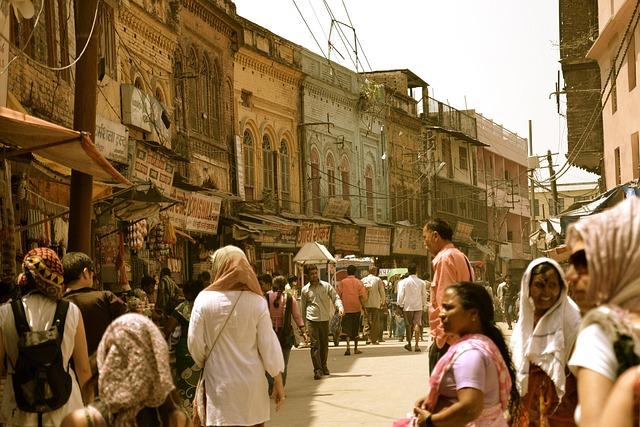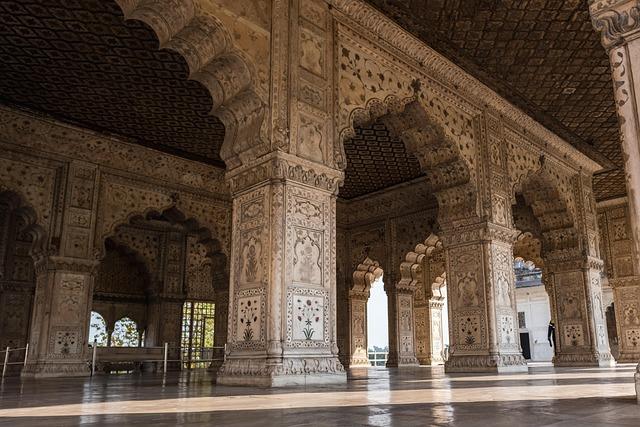- Introduction
- Objectives Behind the Challenge
- Who Can Participate?
- Key Focus Areas
- Timeline and Incentives
- Conclusion
- FAQs
- References
Introduction
Delhi, India’s capital city, has launched an ambitious citywide innovation challenge designed to empower community-based problem-solving and accelerate smart city transformation. This government-backed initiative seeks to crowdsource practical, scalable ideas from citizens, startups, students, and entrepreneurs that align with the city’s development agenda.
In this article, we’ll explore the purpose and goals behind the challenge, eligibility and who can take part, the thematic areas of focus, and the rewards and incentives being offered. You’ll also learn about the timeline for submissions and implementation phases.
By the end, you will understand why this innovation challenge not only positions Delhi as a hub for inventive thinking but potentially sets a precedent for urban development across India.
Objectives Behind the Challenge

(Image: Pixabay/@Tumisu)
The Delhi Innovation Challenge is part of the broader "Smart Cities Mission" and "Digital India" initiative. The city government recognizes the need for fresh and localized solutions to tackle urban challenges that include traffic congestion, pollution, water management, and digital transformation.
The main objective is to create a participatory space where innovative individuals and teams can contribute original solutions that benefit the community. By engaging with a wide range of voices, the initiative aims to create sustainable policies that are informed by real user experience.
Officials also hope to foster a culture of innovation by institutionalizing it within the government workflow, ensuring that innovative solutions are not only generated but also adopted and scaled.
Who Can Participate?

(Image: Pixabay/@Mohamed_hassan)
The challenge is open to a diverse group of participants, including:
- Startups and MSMEs developing urban-tech innovations
- Students and researchers from academic institutions
- Entrepreneurs from across sectors
- NGOs, urban designers, and civic activists
The inclusive participation model aims to remove gatekeeping around public innovation, encouraging new and unrecognized voices with potential solutions to step forward. Solutions can either be ideas still under development or prototypes ready for small-scale implementation.
Participation is encouraged both at the individual level and from organized groups who can bring scalable and sustainable outcomes to Delhi’s current urban challenges. Submissions will be evaluated based on creativity, impact, feasibility, and replicability.
Key Focus Areas

(Image: Pixabay/@eddypellegrino)
The Delhi government has outlined several priority domains where innovation is sorely needed. These focus areas include:
- Urban Mobility: Innovative transport systems, shared mobility solutions, and traffic decongestion technologies.
- Waste Management: Circular economy models, real-time tracking of solid waste, and community recycling projects.
- Air Quality & Environment: Low-cost air monitoring, green infrastructure solutions, and emission reduction technologies.
- Water and Sanitation: Smart metering, waste-water treatment models, and water conservation interventions.
- Digital Governance: AI-driven citizen services, grievance redressal platforms, and e-governance innovations.
These thematic areas were identified after consultation with technical experts, planners, and community groups. The focus is on encouraging solutions that are not only smart and tech-savvy but also inclusive and affordable for a city as diverse as Delhi.
Submissions must tackle one or more of these domains and must demonstrate a clear problem-definition framework, along with a solution-implementation strategy.
Timeline and Incentives

(Image: Pixabay/@enjoytheworld)
The innovation challenge officially opened for submissions in early June 2024 and will run until the end of July 2024. The selection process will involve shortlisting by industry experts followed by mentoring support for further refinement by August.
Participants whose ideas are shortlisted will receive access to incubation centers, government mentorship, and pilot funding ranging from ₹2 lakhs to ₹25 lakhs depending on the stage and scope of the proposal.
Additionally, winning ideas may be fast-tracked into pilot implementation within municipal departments across Delhi. Innovators will also gain visibility through partnerships with top academia and participation in tech and innovation summits. The aim is to give maximum exposure and support to high-impact, scalable ideas.
Conclusion
The Delhi Innovation Challenge signals a new approach to governance — one that invites citizens and organisations to become co-creators of the city's future. By opening its doors to thinkers and doers across sectors, Delhi aims to harness its intellectual capital to accelerate sustainable, inclusive urban development.
Whether it's reducing pollution, improving commute options, or enhancing public service delivery, the challenge stands as a dynamic avenue for testing new ideas at scale. And in doing so, the city not only resolves pressing concerns but also establishes a model that other cities in India and beyond can imitate.
FAQs
Who is eligible to participate in the Delhi Innovation Challenge?
The challenge is open to startups, students, researchers, entrepreneurs, NGOs, and individual citizens. There are no geographic restrictions — though ideas should be applicable to Delhi’s urban landscape.
What are the key submission areas for the innovation challenge?
Participants are encouraged to submit solutions in areas like urban mobility, waste management, air quality, water and sanitation, and digital governance.
Is it mandatory to have a prototype ready for submission?
No, both developed prototypes and conceptual ideas are welcome. However, preference may be given to entries that demonstrate viability and scalability.
What kind of support is provided to shortlisted candidates?
Support includes mentoring, incubation opportunities, funding, and possibly a chance for direct implementation through government agencies or partner networks.
Where can I apply for the challenge?
Details and application procedures are hosted on the official Delhi government innovation portal and the Smart Cities Mission website.

